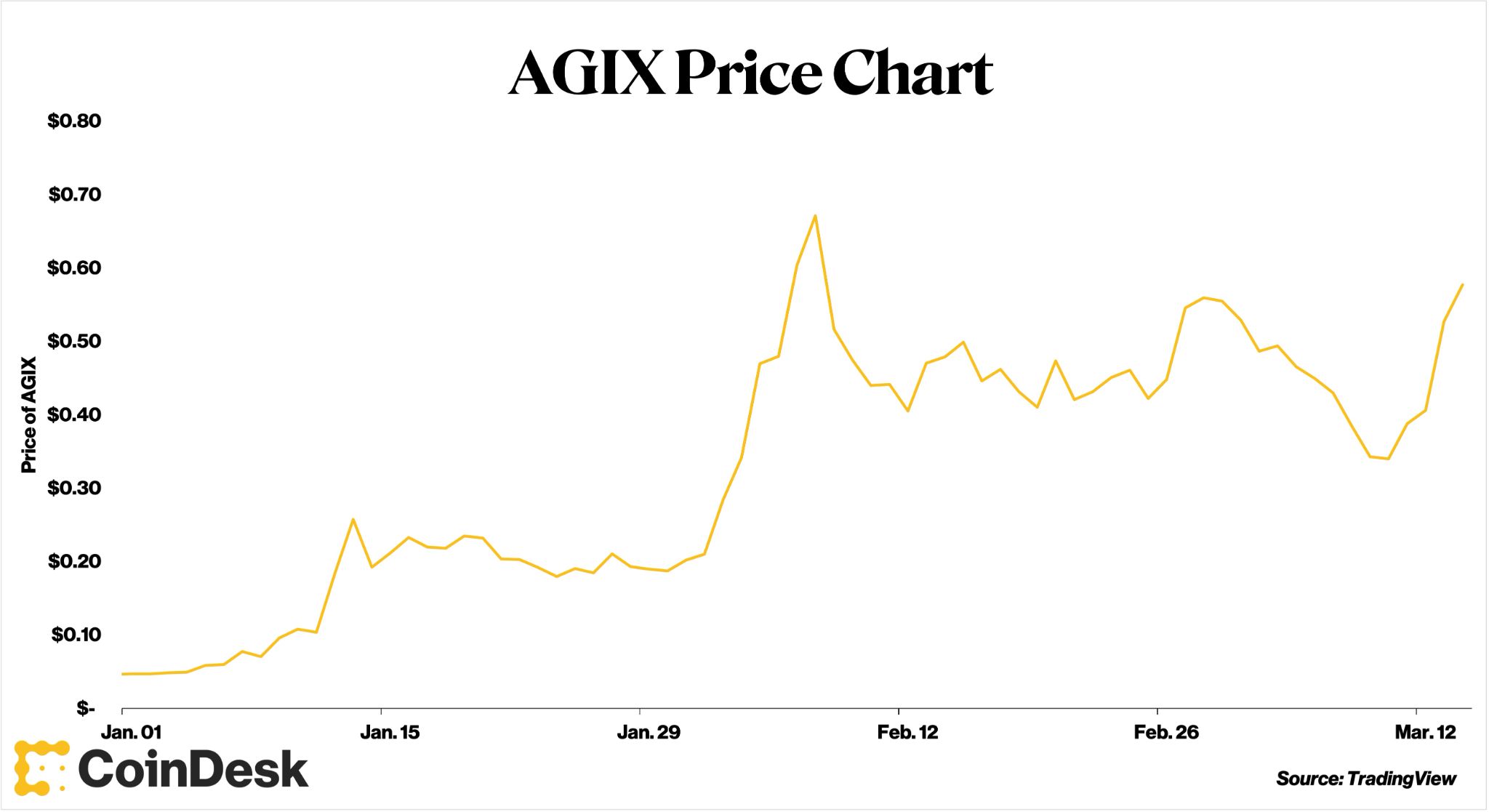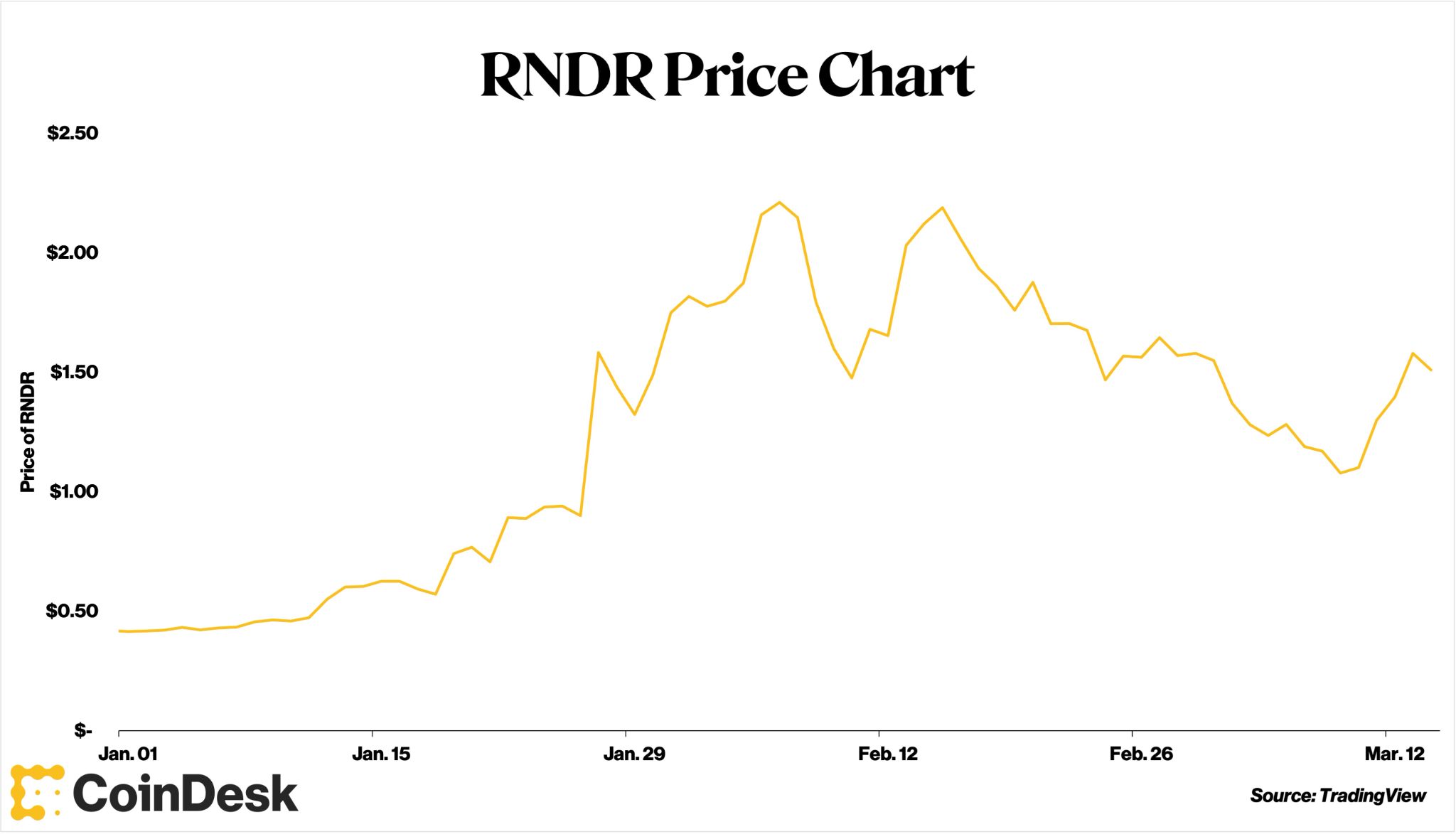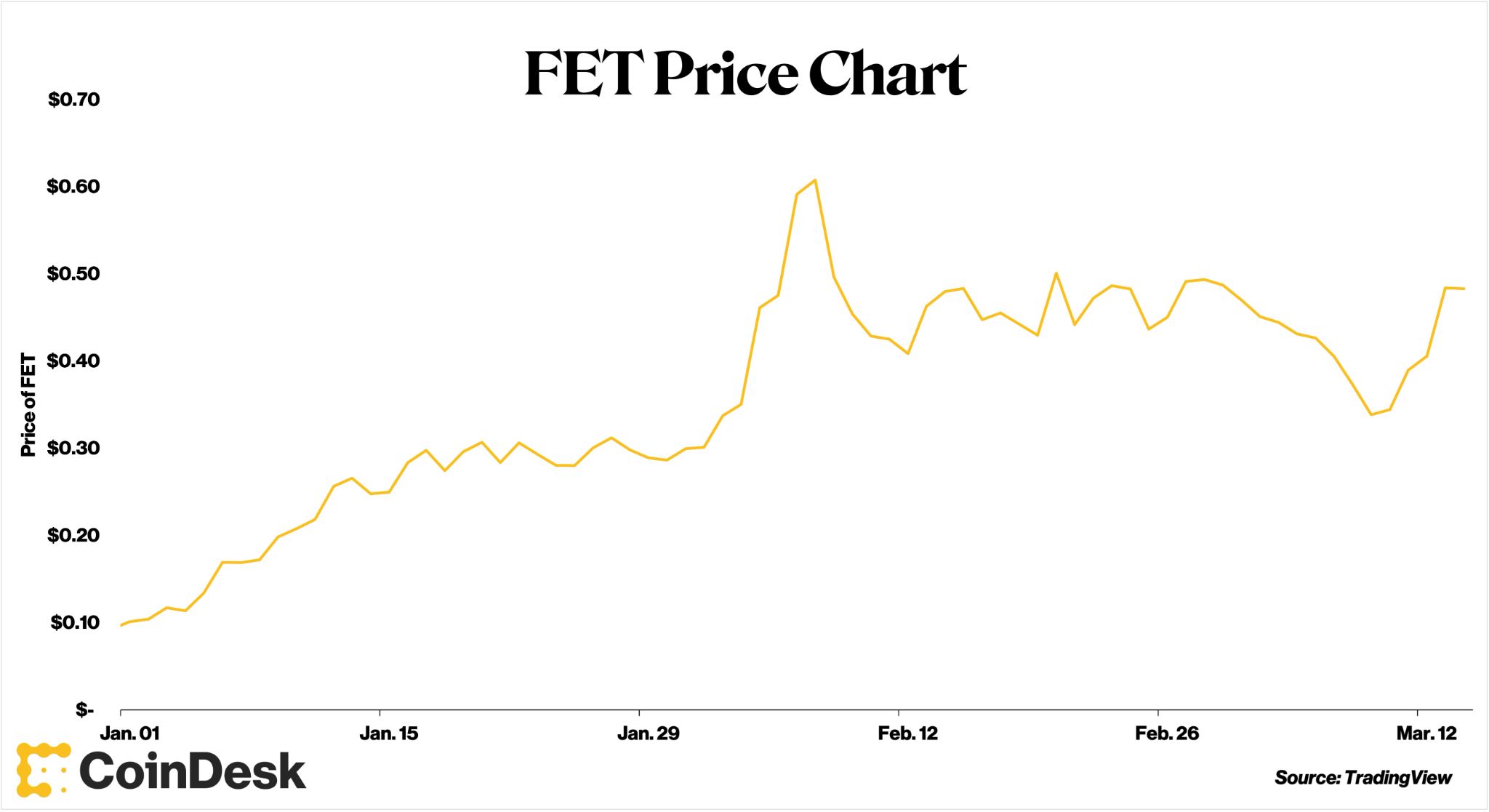What is to become of the opportunistic investor in the digital asset space?
In my former stint I was an equity research analyst. Anyone who has spent time performing this role can tell you about the intellectual fulfillment when researching assets, and the mental exhaustion that occurs during “earnings season.” (I could spend an hour ruminating over how much I truly do NOT miss earnings season, but I digress.)
As is the case for many analysts, I was assigned to cover a set of companies. As an analyst, you usually don’t receive carte blanche to write about whatever you want. Each business sector has its own nuances, and so industry custom is to specialize in one. What will be interesting over time is whether this applies to digital assets.
You’re reading Crypto Long & Short, our weekly newsletter featuring insights, news and analysis for the professional investor. Sign up here to get it in your inbox every Wednesday.
My coverage universe focused on small and microcap oil and gas companies – those with small market capitalizations, and ones with little “coverage.”
The rationale for this focus was that alpha lay in small, unknown firms. These types of organizations go unnoticed not because of a lack of quality but because they haven’t been widely discovered. This dynamic exists in crypto as well.
Of the thousands of digital assets, all but about 25 of them would be considered small cap, given the $2 billion market cap top I used with equities. So lowering that threshold (perhaps to $500 million) makes sense, at least as a first step.
Because the crypto space is a nascent field, fundamental analysis is constantly evolving. Technical analysis translates well in my view, but you must be willing to shift your opinion rapidly when the facts change.
A second step is to start with a theme. Perhaps there’s an area or development that you feel strongly about, and you wish to participate in digital assets that connect to it.
Perhaps you think the overall market regime is ripe for value investing because of recent turmoil. Clearly, the initial impact of both Silvergate Bank and Silicon Valley bank closing negatively affected markets, which seemed to provide favorable valuations of which some investors have already taken advantage. Alpha is often found in the shadows of down markets, although most times it’s seen in hindsight.
Artificial Intelligence may be a theme worth exploring – potentially transformative in the way that cryptocurrencies have been.
AI is a branch of computer science that allows machines to mimic, and possibly improve upon, processes that the human mind controls. Early AI results have been promising with such technologies as Alexa, Siri, self-driving cars and ChatGPT becoming increasingly accepted.
What AI-related assets have potential? Consider the following:
Asset: SingularityNET. Token: AGIX. Market Capitalization: $596 million. Correlation (BTC): 0.86

(TradingView)
SingularityNET bills itself as the “world’s leading decentralized AI marketplace, running on blockchain.” Its most up-to-date white paper states that most AI tools today are fragmented and running within a closed loop environment.
By contrast, SingularityNET plans to facilitate coordination between different AI tools while allowing developers to monetize their efforts.
Year to date it has increased 996%, with trading volume that is 0.10% of BTC. Technically, its RSI is 75, indicating that the asset is currently overbought.
Asset: Render Token. Token: RNDR. Market Capitalization: $491 million. Correlation (BTC): 0.88

(TradingView)
Render token’s (RNDR) value within the AI ecosystem relates to storage and infrastructure. The RNDR token allows for graphics processing unit (GPU) renderings to be distributed via the blockchain.
Much of the developing AI that has taken center stage recently (ChatGPT, for example), requires significant computing power and is becoming too robust for GPUs to handle efficiently.
Render token as a network attempts to solve this problem by allowing anyone with a modern GPU to exchange their GPU power for RNDR tokens, which can increase the size of GPU compute power for developers.
Year to date, RNDR is up 252% and has daily trading volume of $157 million.
Asset: Fetch.ai Token: FET Market Capitalization: $355 million. Correlation (BTC): 0.91

(TradingView)
Fetch.ai, the machine learning platform aims to facilitate the exchange of data across a decentralized, distributed ledger.
Fetch.ai is the AI lab, and its native token (FET) is the medium of exchange/currency within the Fetch ecosystem. Developers wishing to access datasets within the Fetch.ai ecosystem would acquire FET, allowing them to deploy it for their own development purposes within FET, and/or benefit from its price appreciation.
Year to date, FET is up 394% and has daily trading volume of $360 million.
Takeaway
All told, the three platforms mentioned are only a sliver of the burgeoning technologies within the crypto landscape. Whether they succeed remains uncertain. (Nothing in this column should be considered investment advice.)
However, one thing that I remain confident about, as was the case in my past stint in traditional finance (TradFi), is that opportunities for alpha are more likely to be found in lesser-known, lesser-capitalized assets that are waiting to take center stage – much where AI as a technology was a few years ago.
Takeaways
From CoinDesk’s Nick Baker, here’s some recent news worth reading:
- Bailout? When crypto-friendly bank Silvergate collapsed and wound down operations just one week ago, two other banks followed suit: Silicon Valley Bank (SVB) and Signature Bank faced bank runs, the second and third largest in history. When the Federal Deposit Insurance Corporation (FDIC) stepped in and declared the failures “systematic risks,” the Federal Reserve and Treasury Department rescued the depositors (who were otherwise only insured up to $250,000 per account), but unlike 2008 left the stockholders out in the cold.
- Overexposed: BlockTower Capital Funds, an institutional investment firm for digital and traditional assets, had four private funds tied to Silvergate Bank and Signature Bank that were valued at $940 million in total. Two of its funds used Silvergate as its sole custodian, whereas two of its other funds used other custodians, including Signature Bank.
- Repegging: Fears that USDC stablecoin issuer Circle had exposure to SVB triggered a wave of depegging – in both directions. That included decentralized stablecoin MakerDAO, which relies on USDC for 52% of its reserves; and also tether (USDT), which depegged and rose to $1.06 as traders fled USDC. USDC fell to a record low of 87 cents on Friday, but crypto exhaled after the stablecoin regained its 1:1 U.S. dollar peg on reassurance by Circle that its reserves were safe and sound and that it had a new banking partner, Cross River Bank. The bank is a top choice of TradFi players like Visa and has backers including Andreessen Horowitz and T. Rowe Price Investment Management.
- Undeterred: Coinbase has shocked Binance USD (BUSD) by suspending trading of the stablecoin. Coinbase's CEO, Brian Armstrong, who broadcast these intentions in February, cited liquidity concerns as the reason behind the delisting of BUSD. The move followed Paxos, the company that issues BUSD, halting the minting of the stablecoin due to regulatory action by the New York Department of Financial Services and Securities and Exchange Commission. Meanwhile, Binance CEO Changpeng Zhao isn’t pausing to recover. Binance said it will convert $1 billion worth of the stablecoin to bitcoin (BTC), ether (ETH), BNB coin (BNB) and other tokens to support the crypto market.
To hear more analysis, click here for CoinDesk’s “Markets Daily Crypto Roundup” podcast.
Learn more about Consensus 2023, CoinDesk’s longest-running and most influential event that brings together all sides of crypto, blockchain and Web3. Head to consensus.coindesk.com to register and buy your pass now.
DISCLOSURE
Please note that our privacy policy, terms of use, cookies, and do not sell my personal information has been updated.
The leader in news and information on cryptocurrency, digital assets and the future of money, CoinDesk is a media outlet that strives for the highest journalistic standards and abides by a strict set of editorial policies. CoinDesk is an independent operating subsidiary of Digital Currency Group, which invests in cryptocurrencies and blockchain startups. As part of their compensation, certain CoinDesk employees, including editorial employees, may receive exposure to DCG equity in the form of stock appreciation rights, which vest over a multi-year period. CoinDesk journalists are not allowed to purchase stock outright in DCG.
:format(jpg)/cloudfront-us-east-1.images.arcpublishing.com/coindesk/R3OH5GO43VDINCEWAP3JKM77QY.jpg)
:format(jpg)/www.coindesk.com/resizer/CabGUKozR1NyiBkjN56PYzuQ3RQ=/arc-photo-coindesk/arc2-prod/public/R5JVYM4XOFBPRLGHVGCYQXUAQM.png)
:format(jpg)/www.coindesk.com/resizer/8HPMRxDsJDJuWOBfhd410sC-cXU=/arc-photo-coindesk/arc2-prod/public/TY2E5BZWNVBLRGJ7KTDL66QAEM.png)
:format(jpg)/cloudfront-us-east-1.images.arcpublishing.com/coindesk/HHAZAAXSBJD3NLASNFQDKP3WOE.png)
:format(jpg)/cloudfront-us-east-1.images.arcpublishing.com/coindesk/3XAH3BH7BZE5ZNY2XTZ5BLD7QI.jpg)
:format(jpg)/cloudfront-us-east-1.images.arcpublishing.com/coindesk/MM3UAOZCG5AUZIPOQ65VFTGA4U.jpg)
:format(jpg)/cloudfront-us-east-1.images.arcpublishing.com/coindesk/Z3I2HMMBABCOJMIVKQT34UWXHI.jpg)